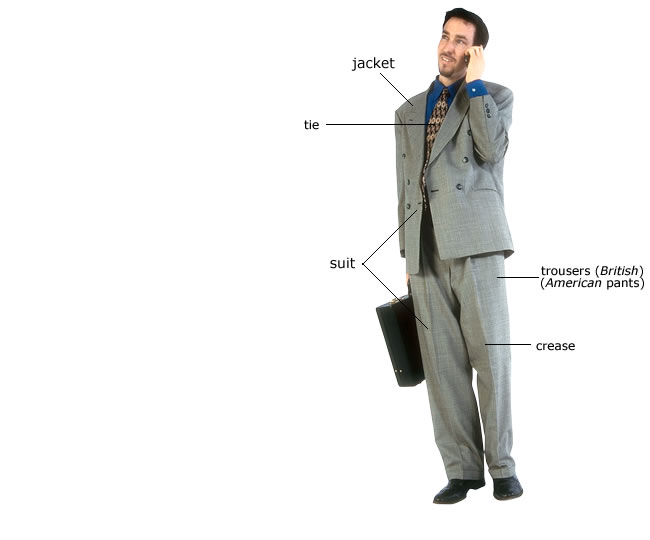/taɪ ||; taɪ/verb
(
present participle tying third person singular present ties;past tense past participle tied)
1 [T] to fasten sb/sth or fix sb/sth in position with rope, string, etc; to make a knot in sth 绑;捆;系:
The prisoner was tied to a chair. 那个囚犯被绑在椅子上。
Kay tied her hair back with a ribbon. 凯将头发用丝带系在脑后。
to tie sth in a knot 将某物打结
to tie your shoelaces 系鞋带
[OPP] untie 反义词为untie
2 [T] tie sb (to sth/to doing sth) (usually passive 通常用于被动语态) to limit sb's freedom and make him/her unable to do everything he/she wants to 束缚;约束;限制:
I don't want to be tied to staying in this country permanently. 我不想永远留在这个国家,受到局限。
3 [I] tie (with sb) (for sth) to have the same number of points as another player or team at the end of a game or competition (比赛)得分相同:
England tied with Italy for third place. 英格兰队和意大利队并列第三名。
your hands are tied→
HAND¹
tie sb/yourself down to limit sb's/your freedom 束缚某人╱自己:
Having young children really ties you down. 有了小孩真的会把你拖累住。
tie in (with sth) to agree with other facts or information that you have; to match 与…相吻合:
The new evidence seems to tie in with your theory. 新的证据似乎与你的说法相符。
tie sb/sth up
1 to fix sb/sth in position with rope, string, etc 绑;拴:
The dog was tied up in the back garden. 那只狗被拴在后花园里。
2 (usually passive 通常用于被动语态) to keep sb busy 使某人忙个不停;使某人脱不了身:
Mr Jones is tied up in a meeting. 琼斯先生正在开会,脱不了身。






